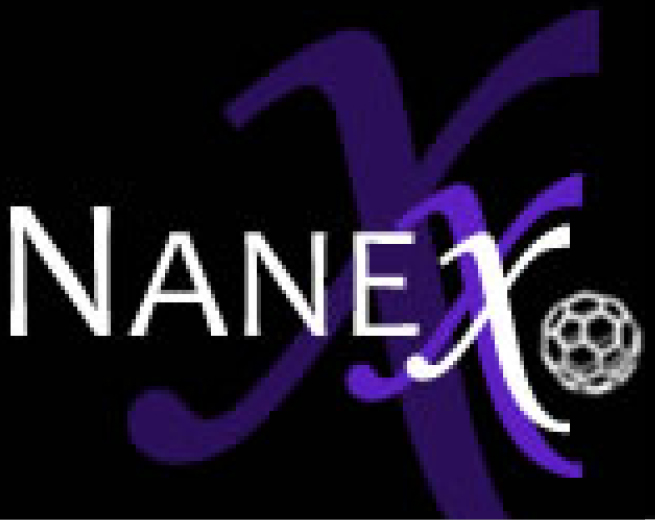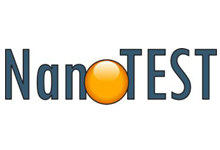Dr Christos Housiadas (Dipl. Mech. Eng., National Technical University of Athens, 1983; PhD in Mechanics, Institut National Polytechnique de Grenoble, 1987) is a recognized expert on aerosol flows.
He has more than 25 years experience in research and project management in the areas of aerosol flows, nuclear engineering, scientific computing, transport phenomena, biofluid mechanics and multiphase systems.
He has worked at European Commission’s Joint Research Centre-Euratom for 7 years, the French CEA (Commissariat à l’Energie Atomique) for 4 years, and at the high-tech R&D company Innovations Thermiques (France) for 1 year. Currently he is Research Director at “Demokritos” National Centre for Scientific Research, where is Head of the Thermal-Hydraulics & Multiphase Flow Laboratory (THEMLAB) at INRaSTES.
Since 2008 he is Chairman of the Greek Atomic Energy Commission (EEAE). Dr Housiadas has published more than 150 papers in peer-reviewed journals and international conferences.
He has written the standard text on aerosols in the CRC Press Handbook of Multiphase Flows (2006 & 2016), and is among the principal authors of the textbook on Light Water Reactor Severe Accident Safety (2012).
He has acted as principal investigator in many European and National research projects with participation of industry.
He has been awarded an honorable distinction by the Greek Scholarship Foundation (IKY) and a fellowship by the European Commission for graduate studies.
He has an excellent command of three foreign languages (English, French, Italian) and a rich international professional experience, including training and teaching in international courses.
Also, he has expert consulting activities and significant involvement in R&D policy making, technical-scientific and evaluation committees both at national and international level, including participation in prestigious committees or supreme advisory bodies, such as the Advisory Committee of the French IRSN on Source-Term & Severe Accidents (2008), or the Sectorial Scientific Council for Energy of the National Council for Research and Technology (2011-2018).

After four years of operation in the 6th Framework Programme (FP6) of Research and Development of the European Commission, the SARNET (Severe Accident Research NETwork of excellence) network has continued its activity between 2009 and 2013 with financial support of FP7 as the SARNET2 project. Forty-...

Nanotechnology is a fast-growing industry producing a wide variety of manufactured nanomaterials (MNMs) and numerous potential applications. Consequently, the potential for exposure to humans and the environment is likely to increase. Human exposure to MNMs and environmental release of these materia...

NanoTEST was a collaborative research project, funded under the EU Seventh Framework Programme for Health 2007. The project brought together a team of lead scientists in Europe, and the overall aim was to develop alternative testing strategies and high-throughput toxicity testing protocols using in ...

Technological advances allow the targeted production of objects and materials in the nanoscale (smaller than 100 nm). Nanomaterials have chemical, physical and bioactive characteristics, which are different from those of larger entities of the same materials. Nanoparticles can pass through body barr...
